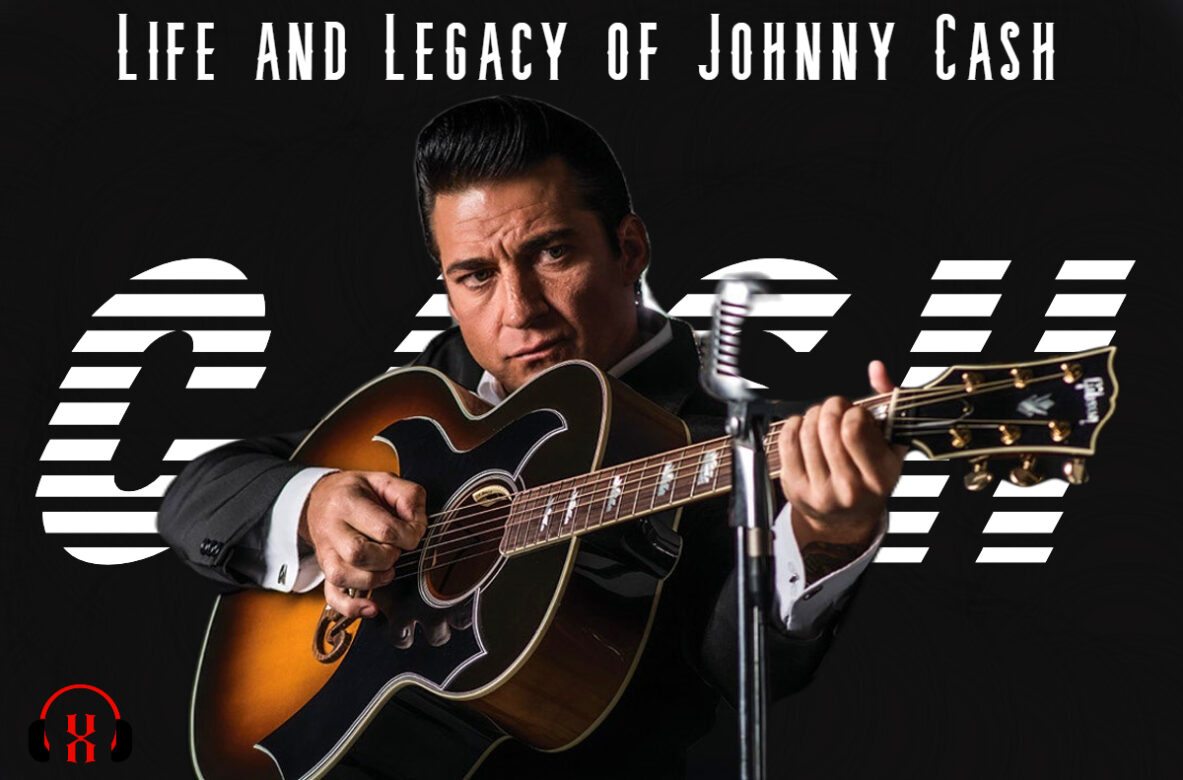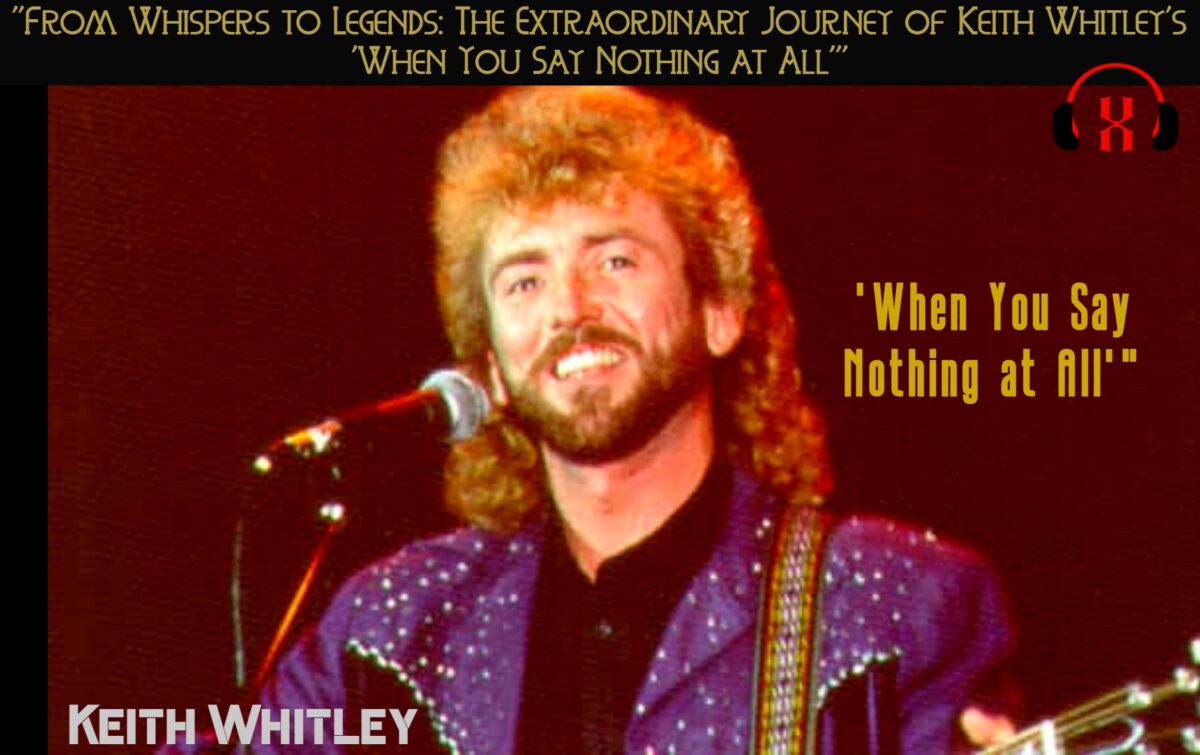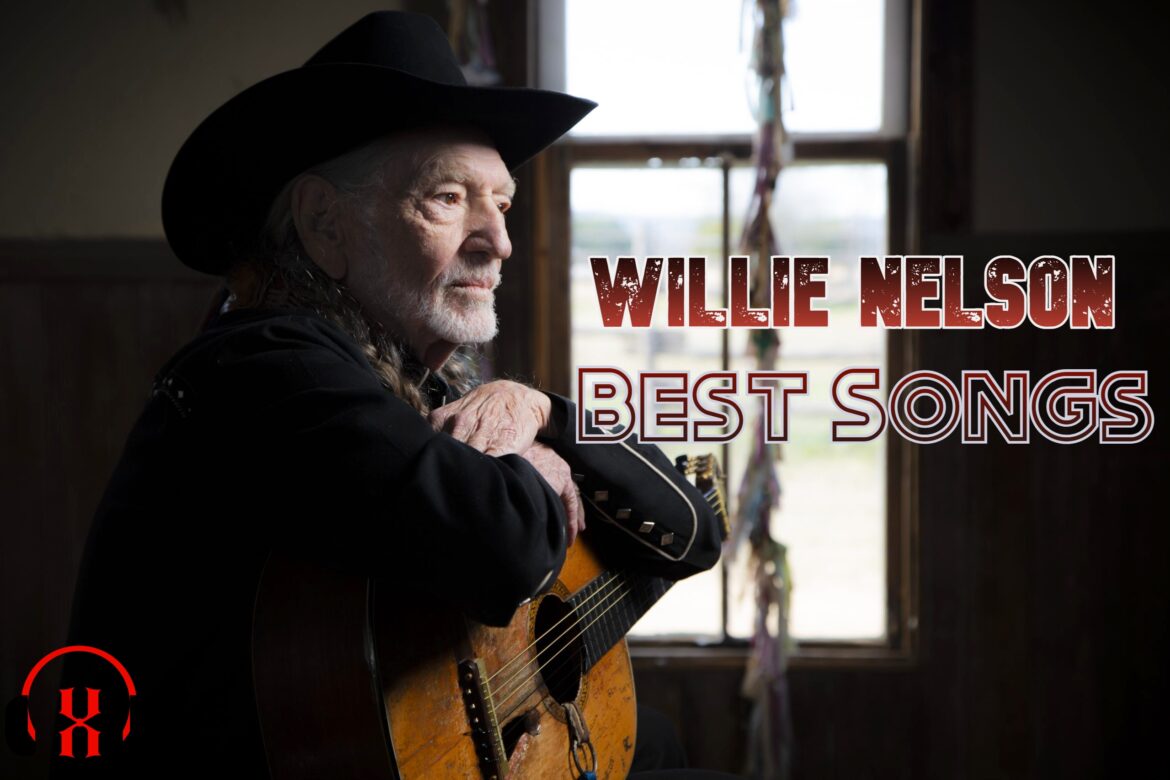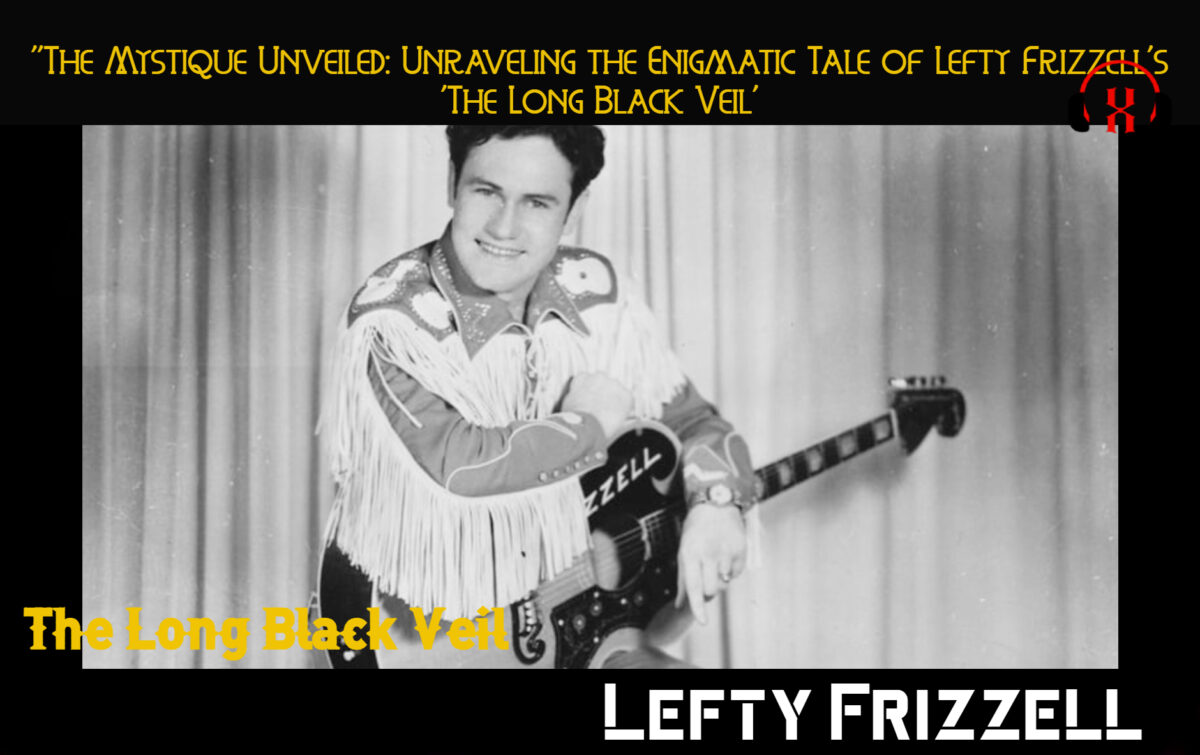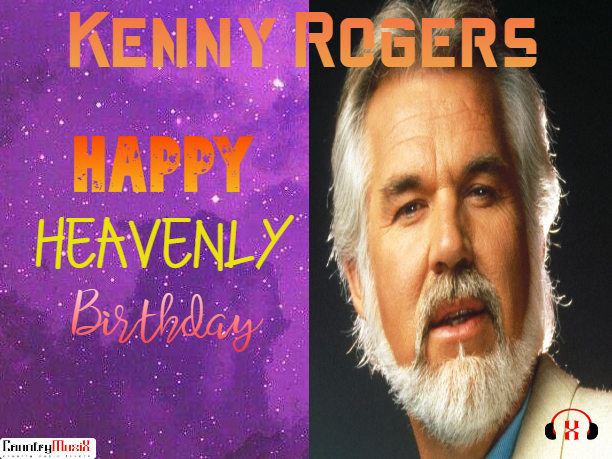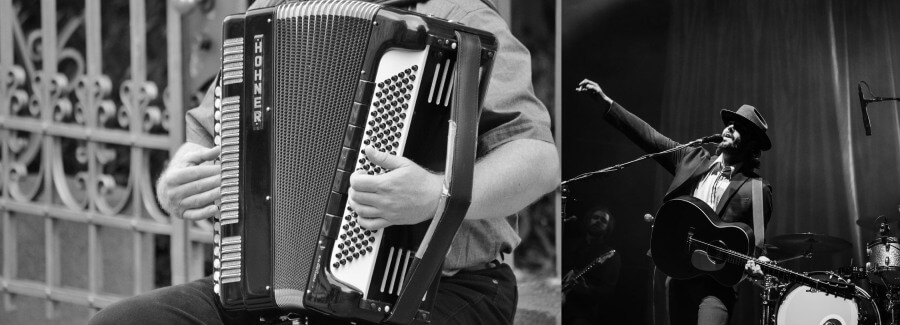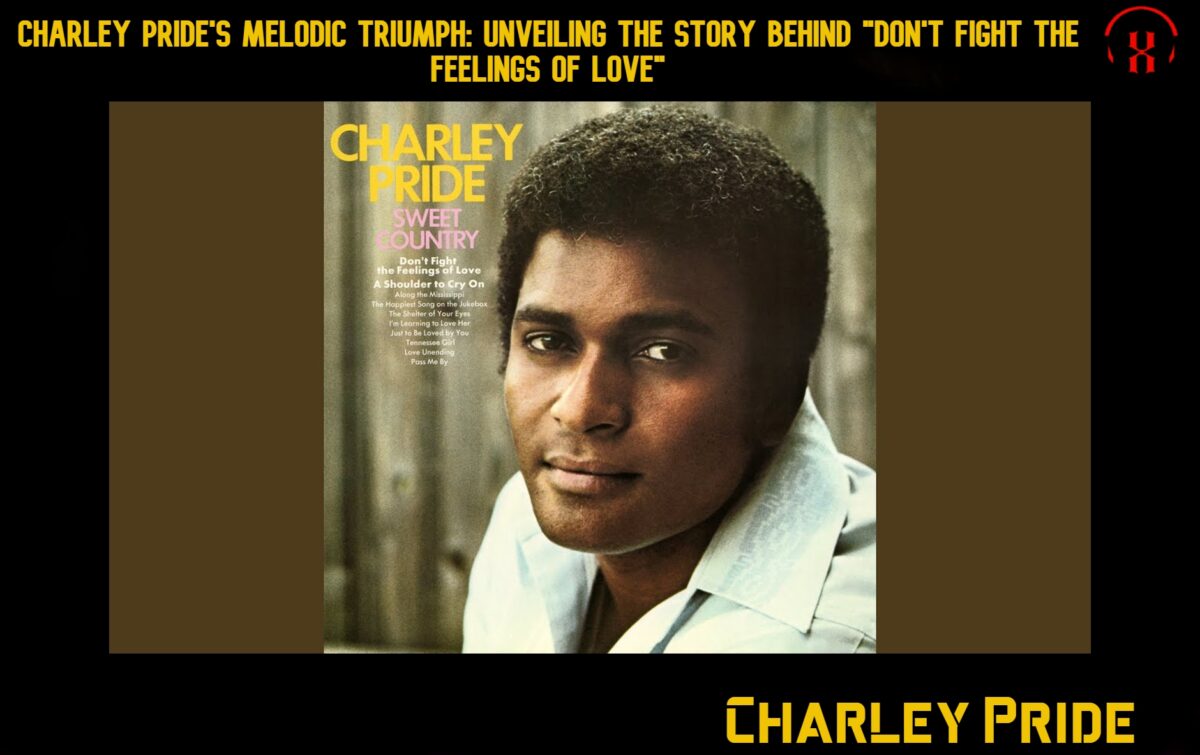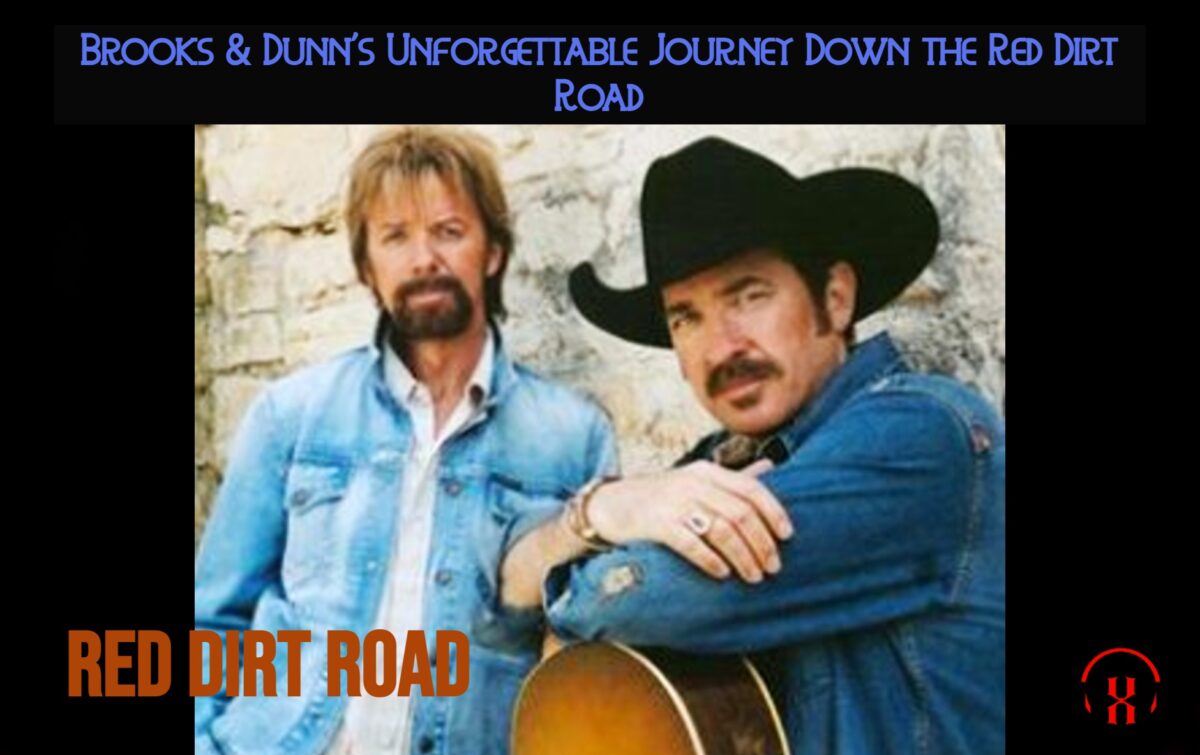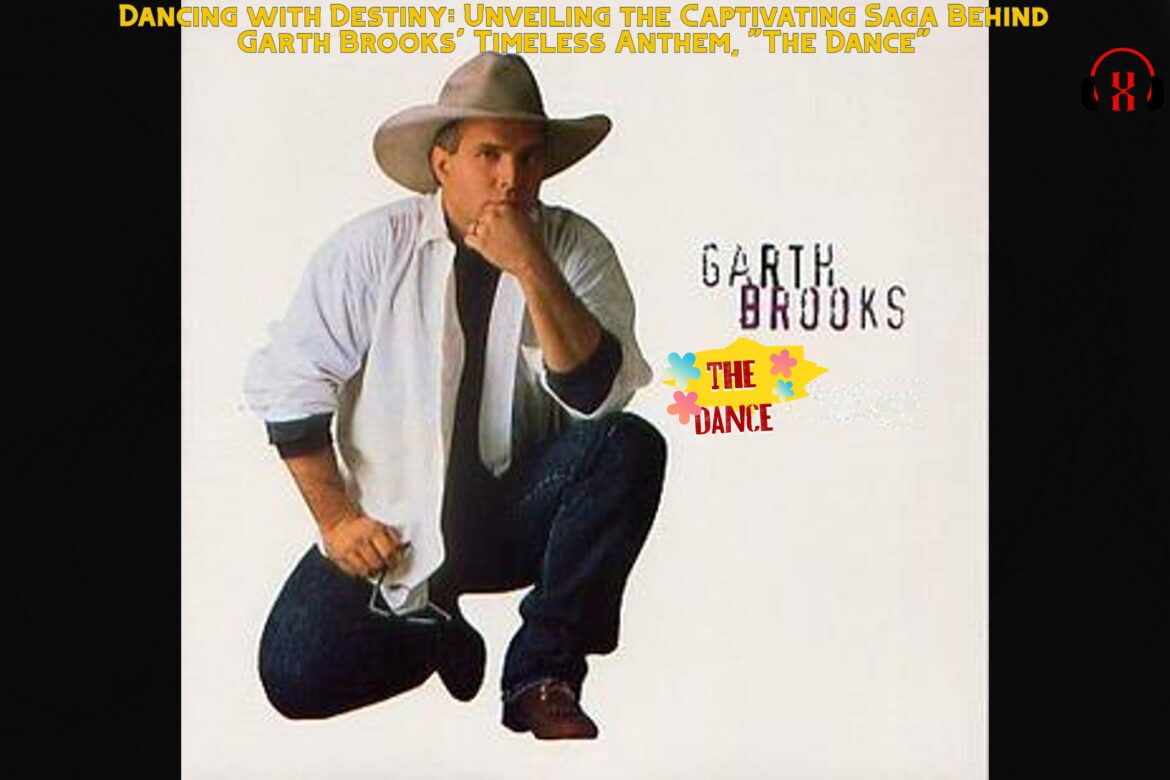![]()
Unraveling the Enigmatic Tale: The Captivating Story Behind Lefty Frizzell’s “The Long Black Veil”
In the bustling office of Cedarwood Publishing Company, songwriter Danny Dill entered with a captivating poem in hand. With a team of talented writers including Marijohn Wilkin, Mel Tillis, Wayne Walker, John D. Loudermilk, and Fred Burch, Dill approached Wilkin, who skillfully tweaked the lyrics and composed a melody, giving birth to the haunting masterpiece known as “The Long Black Veil.”
The demo of the song found an immediate taker in Don Law, the A&R director at Columbia Records. Searching for a hit to revive the career of country music legend Lefty Frizzell, Law recognized the potential in this unique composition. Lefty, once a dominant force on the Billboard country charts, had experienced a dry spell and was in dire need of a breakthrough. “The Long Black Veil” marked a departure from his signature “honky tonk” style, embracing the prevailing “folk” influences and the emerging “Nashville Sound.” The record’s success briefly revitalized Frizzell’s career, putting him back on the map.
Among Marijohn Wilkin’s illustrious body of work, “The Long Black Veil” stands as one of her greatest achievements, alongside the cherished gospel classic “One Day at a Time.” The song earned her a BMI award in 1959, coinciding with Lefty’s ascent to the Top Ten. Wilkin’s talent extended to other notable country hits, including Stonewall Jackson’s “Waterloo” (#1, 1959) and Jimmy Dean’s “P. T. 109” (#3, 1962), a tribute to the sinking of John F. Kennedy’s torpedo boat during World War II.
In “The Long Black Veil,” Frizzell eloquently portrays a deceased man convicted of murder, unveiling the tragic secret behind his execution and the woman who mourns him.
During a 1975 interview, Danny Dill revealed the inspiration behind the song. He spoke of three captivating elements that had fascinated him for years: the unsolved murder of a Catholic priest in New Jersey witnessed by numerous onlookers, the enigmatic woman who annually visited Rudolph Valentino’s grave wearing a long black veil, and Red Foley’s timeless gospel number, “God Walks These Hills with Me.” Dill masterfully combined these elements, resulting in a truly distinctive country song—a blend of love story, murder mystery, and ghostly tale encapsulated in a captivating package.
Over the years, “The Long Black Veil” has been recorded by numerous artists. Rosanne Cash, in her 2009 album “The List,” which pays homage to her father Johnny Cash’s selection of essential country songs, included her own rendition. Adding a touch of her unique artistry, Cash infused the song with extra chords and a rock beat. While we can only wonder about the opinions of the late Danny Dill, Lefty Frizzell, and Marijohn Wilkin, Buck Wilkin, Marijohn’s son, considers Rosanne’s version his favorite.
For me, the 1959 original by Lefty Frizzell remains untouchable. Lefty’s haunting voice, the exquisite guitar work by Grady Martin, Wilkin’s delicate piano, Don Helms’ plaintive steel guitar fills, and Don Law’s brilliant production techniques, including just the right amount of echo, culminated in a timeless classic.
Debuting on Billboard’s country chart on June 8, 1959, “The Long Black Veil” reached its pinnacle at #6. Sixty years later, on March 20, 2019, this remarkable record earned its rightful place in the Library of Congress’ esteemed “National Recording Registry,” the highest honor a recording can achieve.
- Single by Lefty Frizzell
- B-side- “When It Rains the Blues”
- Released- April 20, 1959 (US)
- Recorded- March 3, 1959
- Genre- Country
- Length- 3:05
- Label- Columbia 4-41384
- Songwriters- Marijohn Wilkin and Danny Dill
- Producer- Don Law
Lyrics
Ten years ago, on a cold dark night
There was someone killed ‘neath the town hall light
There were few at the scene, but they all agreed
That the slayer who ran looked a lot like me
The judge said, “Son what is your alibi?
If you were somewhere else then you won’t have to die”
I spoke not a word though it meant my life
For I had been in the arms of my best friend’s wife
She walks these hills in a long black veil
She visits my grave when the night winds wail
Nobody knows, nobody sees
Nobody knows but me
The scaffold is high, and eternity nears
She stood in the crowd and shed not a tear
But sometimes at night when the cold wind mourns
In a long black veil she cries over my bones
She walks these hills in a long black veil
She visits my grave when the night winds wail
Nobody knows, nobody sees
Nobody knows but me, nobody knows but me, nobody knows but me


